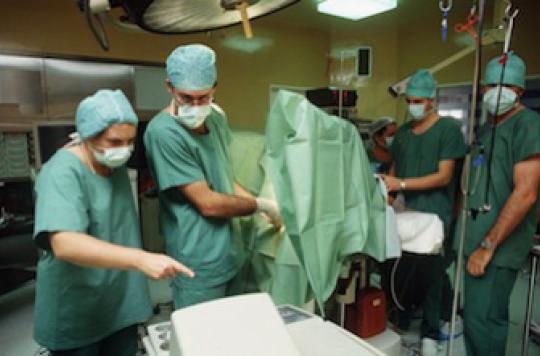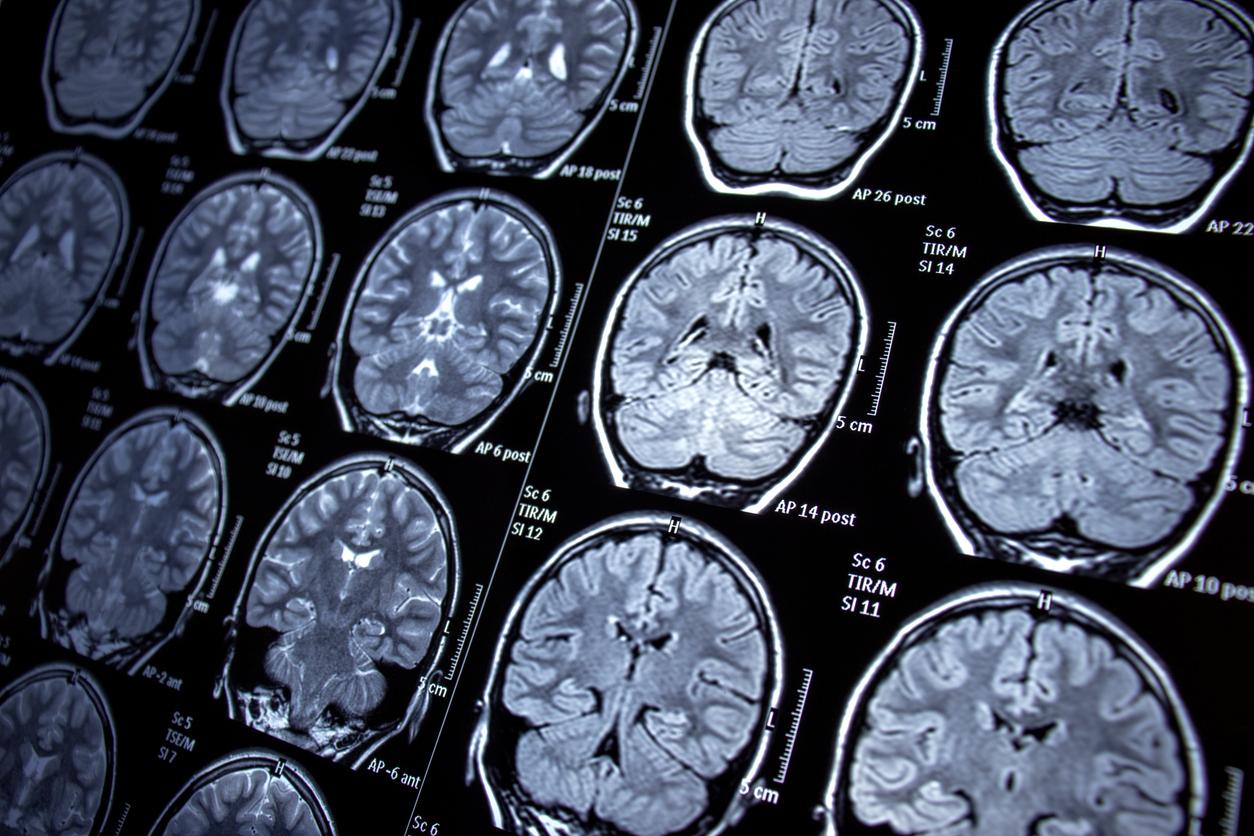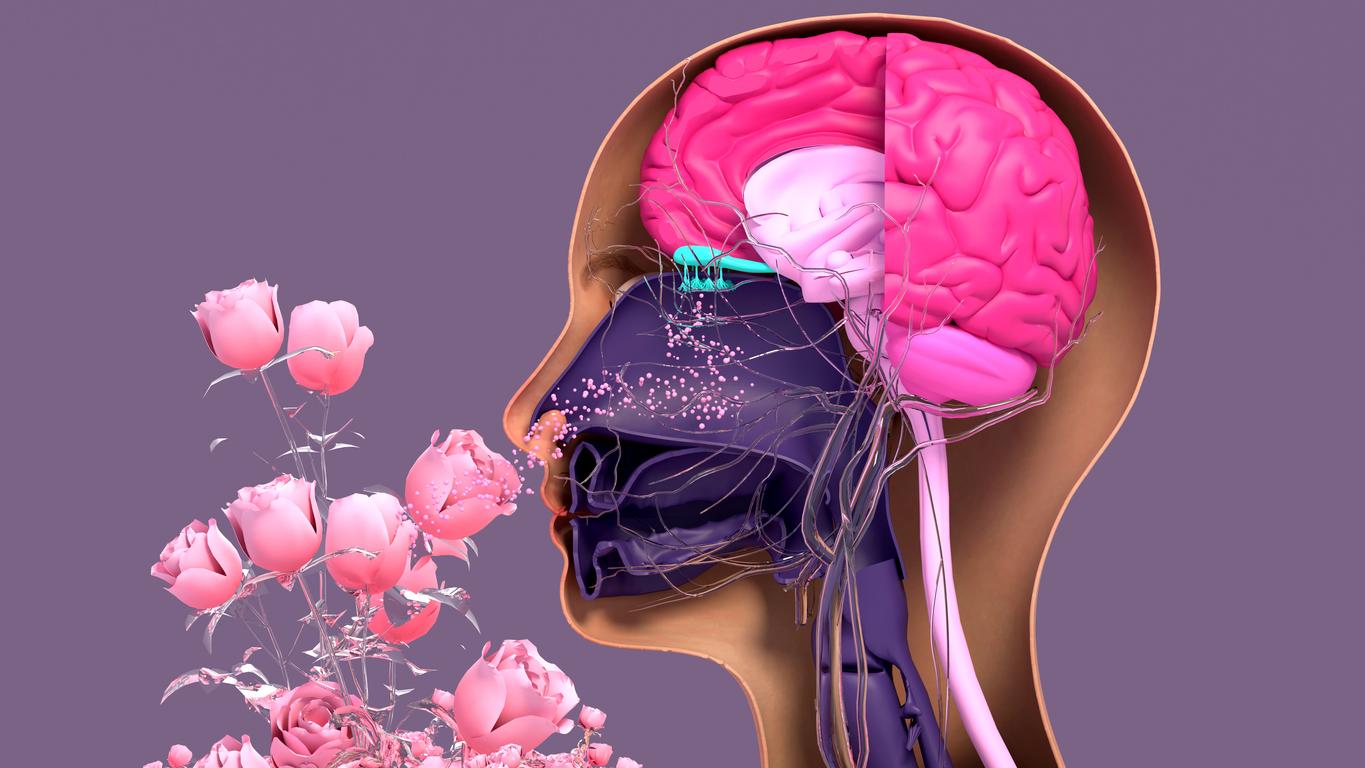According to an American study, general anesthesia before the age of one year could have repercussions on memory during childhood. However, the child’s intelligence would not be altered.

General anesthesia before the age of one would not be trivial. According to American researchers, it could have repercussions on memory during childhood, or even beyond. These are the unpublished results of a study published on Monday in the medical journal Neuropsychopharmacology.
-28% on memory tests for those anesthetized before 1 year
To reach this conclusion, scientists at the University of California compared the memorization abilities of two groups of 28 children aged 6 to 11, one of whom had undergone general anesthesia before the age of one. and the other does not.
In detail, all were tested over a ten month period on their ability to remember details from drawings. And the results were final.
“The children were no different in terms of intelligence (intelligence quotient) or behavior, but those who had undergone general anesthesia had a significantly lower score than others on memory tests,” reports Dr. Greg Stratmann on main author of the study. Results lower by 28% on average.
However, no difference was found between children who underwent one or more anesthesia before the age of one year.
As a warning, this anesthesiologist specializing in pediatrics recalls that “even minimal memory deficits can have immediate consequences by reducing children’s ability to learn. ”
Identical results in rats
In addition, these same researchers carried out the same study in parallel on 33 anesthetized rats during the first week of their life. The results showed here that they recognized odors less well than their counterparts who had not been anesthetized.
Finally, none of the rats had suffered a brain injury. This last data would prove, according to the researchers, that anesthesia is indeed at the origin of the memory loss.
Ultimately, however, scientists admit that further studies will still be needed to find out whether this memory deficit is reversible in humans. “These results may prompt us to ask ourselves questions about the need for certain anesthesia,” Greg Stratmann told Agence France Presse.
.

















